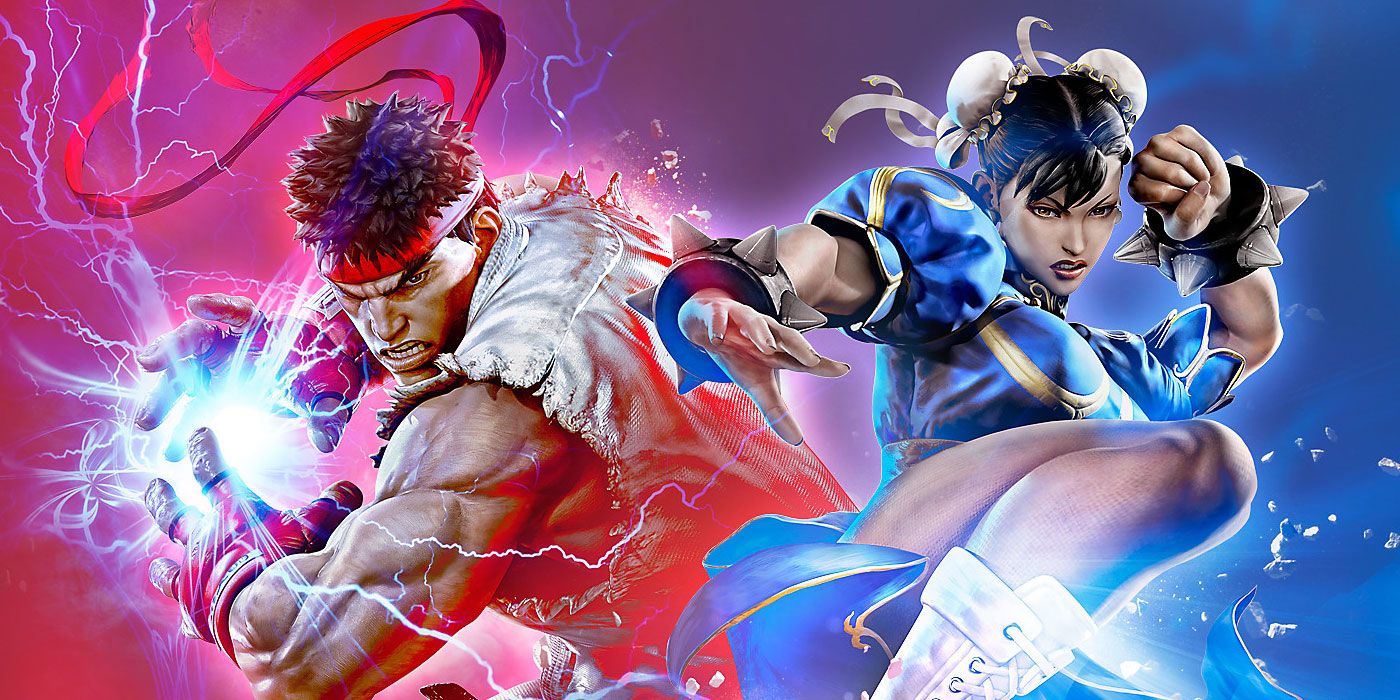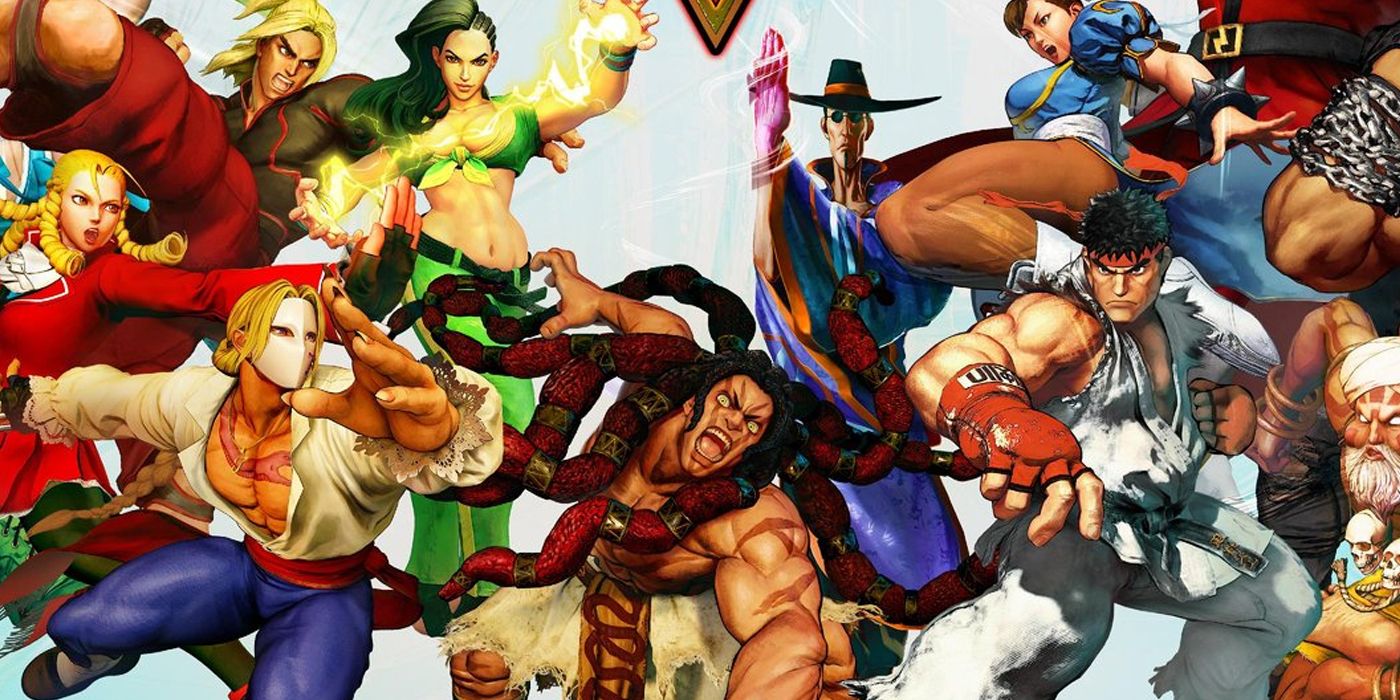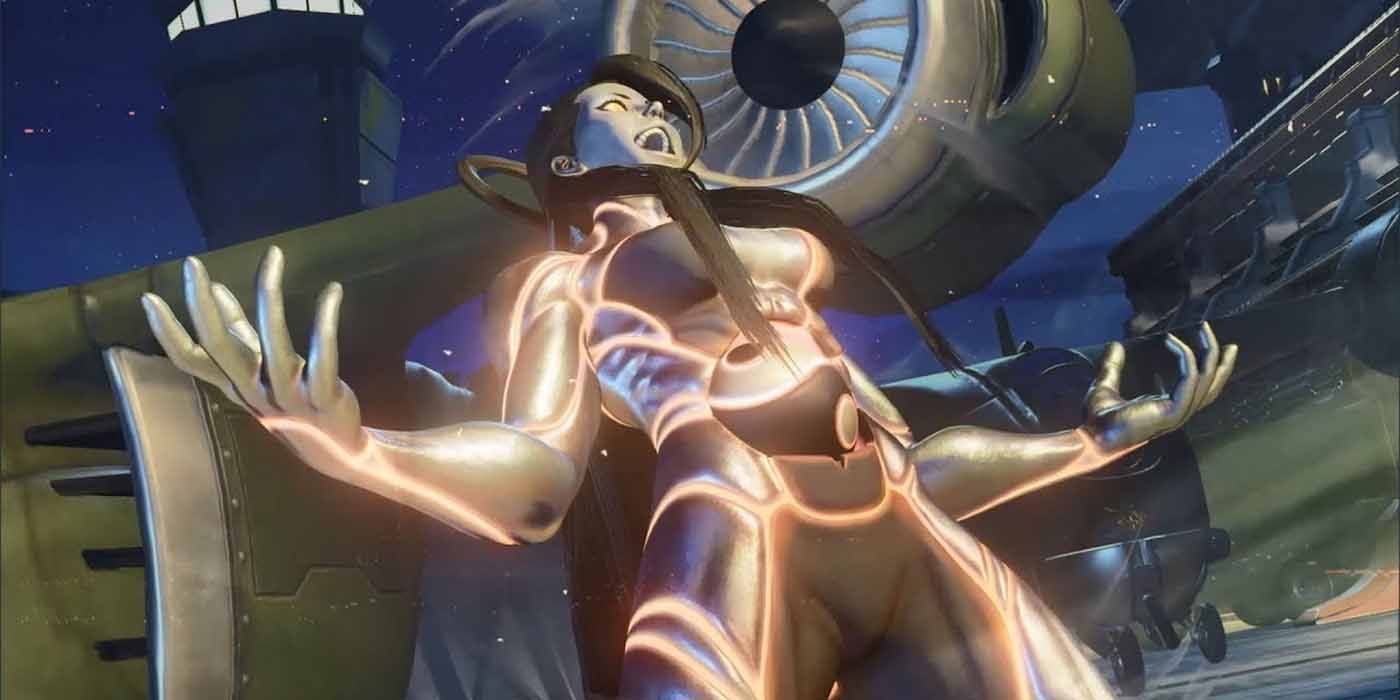Launched back in 2016, Capcom's Playstation 4 and Windows exclusive Street Fighter V has certainly come a long way. Initially criticized for its lack of content compared to its contemporaries, it has quickly recovered through a series of downloadable modes and playable characters. This method of adding to a base game has not only transformed the game's reception, but it also changed the way in which fighting games are released.
Since the introduction of Street Fighter V's successful "seasons" model, other games in the popular Tekken and Mortal Kombat franchises have followed suit. While this radical change in fighting game releases definitely has its benefits, the original release of Street Fighter V also shows how it can be problematic.
The Benefits of DLC
Fighting games have typically added DLC and new characters as a sort of one-off or simply unscheduled thing since the dawn of online play in console games. Street Fighter V instead made it an expectation, planning out releases for half of each year since its release. One of the most obvious benefits of this DLC release model is that it extends the longevity and interest in a game. Fans can look forward to other characters being added to the current roster, be they returning fighters (such as Poison or E. Honda, in Street Fighter V's case) or original characters. This way, players who are bummed about their favorite character not making the initial cut in the game can still look forward to the possibility of them being added in the future. Returning classic characters will many times guarantee interest from existing fans, as can be seen in the long suspected addition of Street Fighter III's Gill and the bizarre redesign for Street Fighter IV's Seth in Street Fighter V.
Having a schedule for these downloadable releases further guarantees a game's longevity. Players who may have be losing interest in a title or switching between other games will be certain to come back and play again once a new fighter is available for download. Once obtained, players will likely use the character in the game's various modes, namely online against other players. If the character is particularly popular, this can especially reignite online play, which will suddenly be filled with players looking for an easy win with the powerful new fighter.
Microtransactions By Any Other Name
As much as its an example of the model's success, Street Fighter V also showcases the potential pitfalls in relying on DLC releases. For one, the game was notably barebones in its original release, lacking genre staples such as a standard Arcade mode and a Story mode. This earned the game no favors, as contemporaries such as Mortal Kombat X were comparatively filled with content. Thus, the seasonal release of fan-favorite characters and additional modes seemed more like fixing a self-inflicted problem than giving the fans what they wanted. This is especially true, since characters such as Balrog and Guile, who were playable in the eventually released Story mode, were kept behind paywalls for other modes. Mortal Kombat 11 also had a similar criticism and is still seen by many as having too little variety in its gameplay options.
Said issue also speaks to the method's other major problem: pricing. DLC for video games is expensive as is, and having to pay to play as different characters in fighting games quickly adds up. For instance, Dead or Alive 6 has available DLC costing almost $700, though admittedly much of that involves alternate costumes. Street Fighter V has Season Packs for each set of its new characters and stages, all of which cost $10 and typically come with 6 additional characters. With three sets of Season Packs and one $15 Champion Edition pack, the DLC comes close to costing near the game's original $60 price. Mortal Kombat 11's Kombat Pack is $40, making it also close to the price for the game itself. This price may make players hesitant to drop any further money on a title that they've already bought, especially if they feel that the Seasonal Pack's content is not worth it. Microtransactions in video games are a constant source of criticism, as they have become commonplace in first and third-person shooter titles. Character packs and similar DLC have become the fighting game equivalent of this issue. Other fighting games such as Soul Calibur VI and Super Smash Bros. Ultimate have opted for more traditional release models, making sure to also have a good bit of content beforehand. Still, given how much success Mortal Kombat 11 has had with following Street Fighter V's model, it's likely to continue being part of the genre as the next generation of video games begins.
Street Fighter V: Champion Edition will be available for Playstation 4 and Windows on February 14, 2020.



